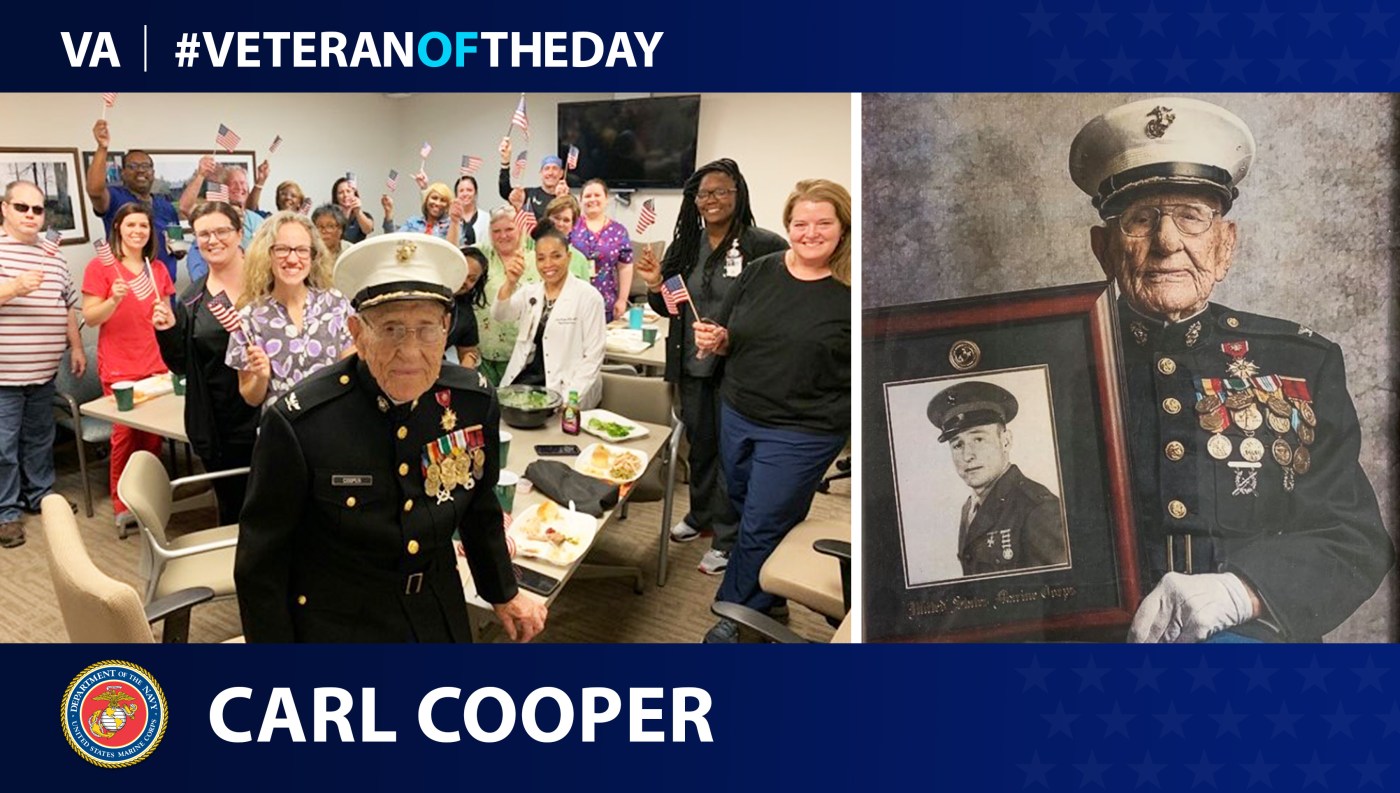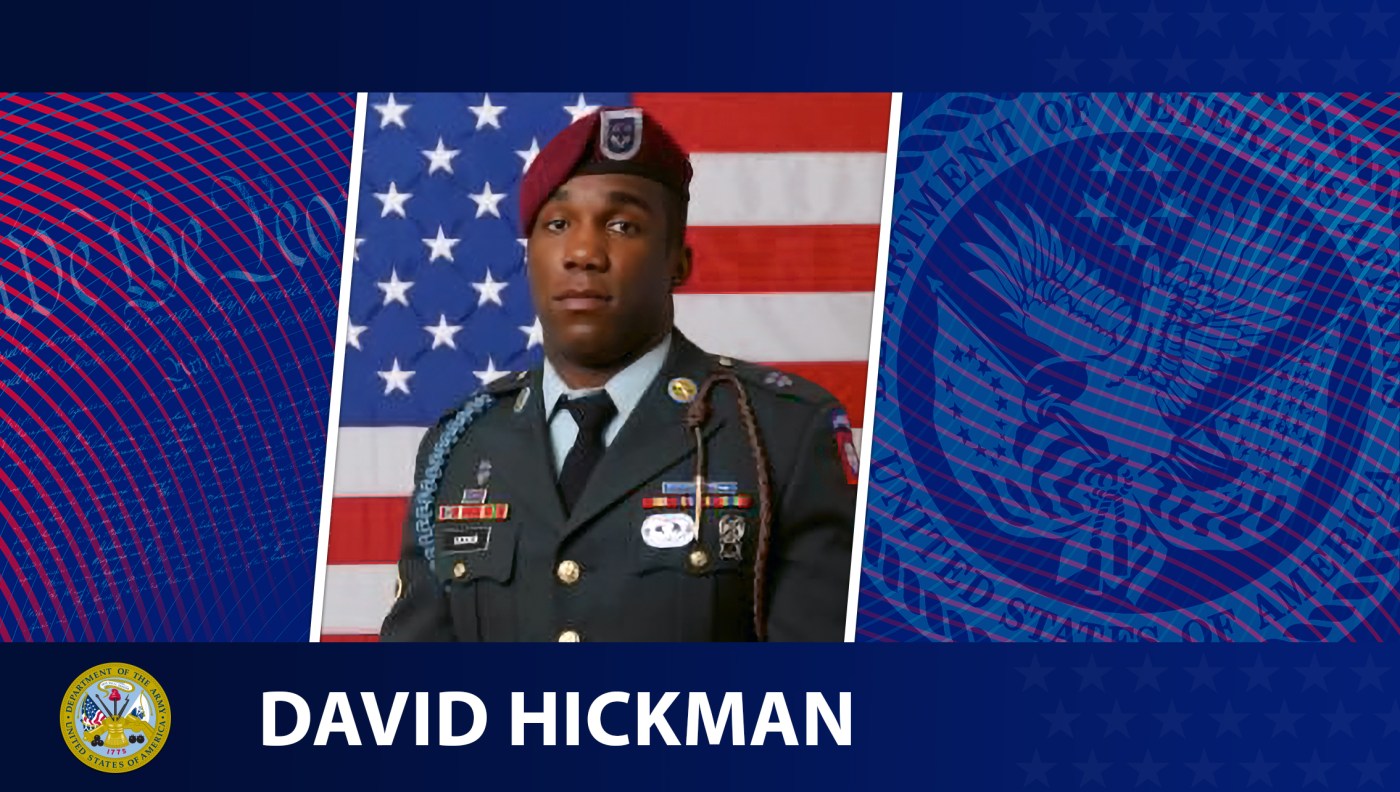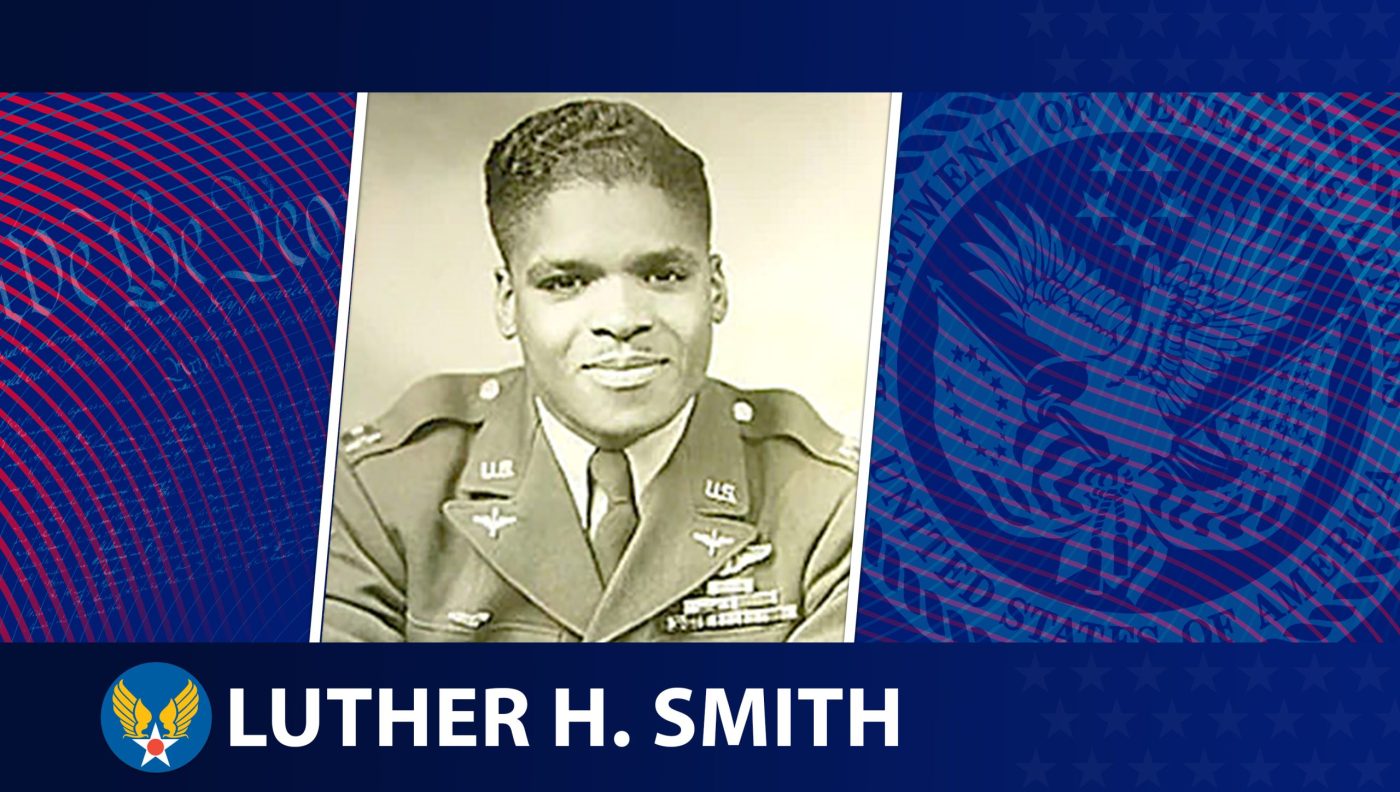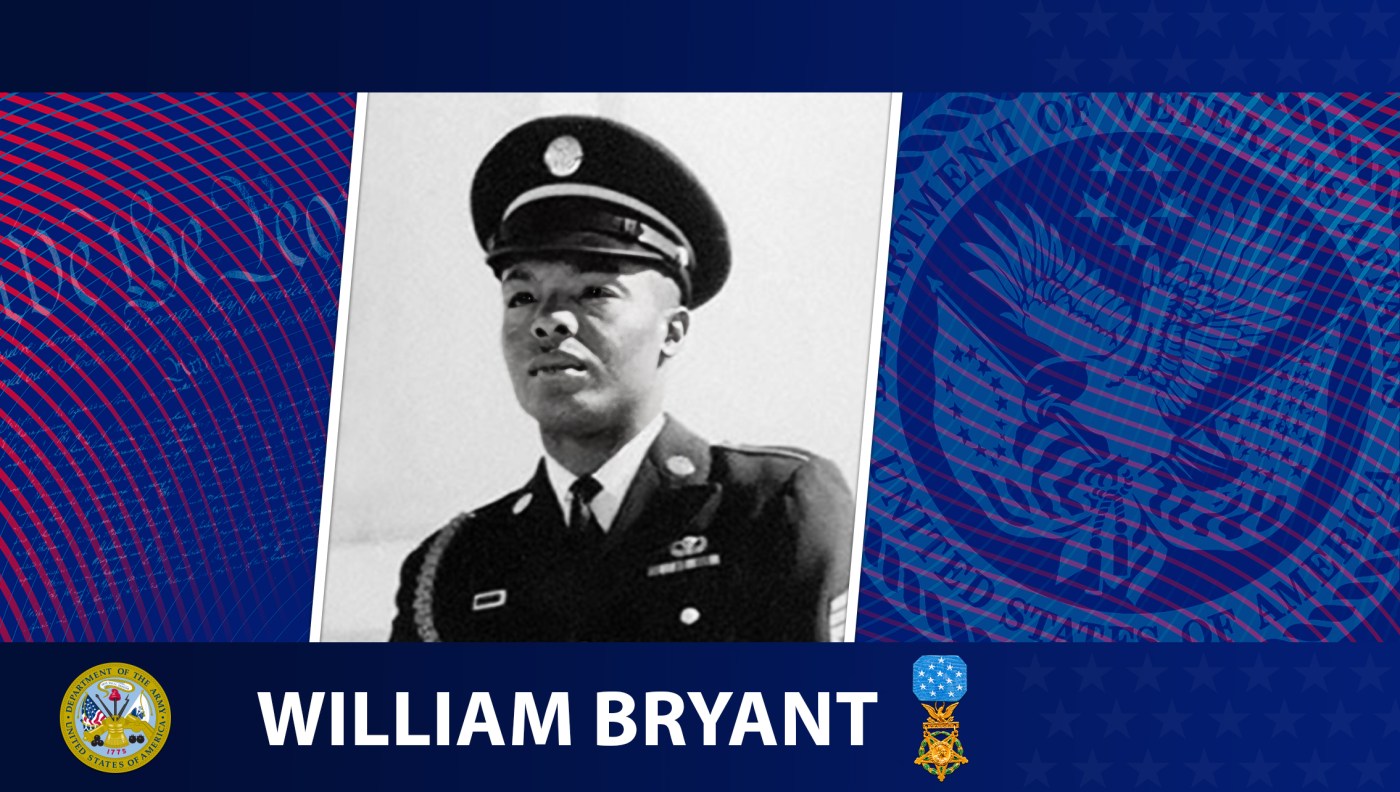
Today’s #VeteranOfTheDay is Marine Corps Veteran Carl Cooper, who fought in the Battle of Okinawa with the 6th Marine Division during World War II.
Growing up in Clanton, Alabama, Carl Cooper was the seventh child in a family of 10. Cooper was a member of the Chilton County High School football and basketball teams. He also served as the football team captain and president of the senior class. In 1940, he received an athletic scholarship to Samford University in Birmingham, Alabama, and studied biology, intending to continue to medical school.
After the Japanese attacked Pearl Harbor Dec. 7, 1941, Cooper joined the Marine Corps. After basic training at Parris Island, South Carolina, he went to Officer Candidates School in Quantico, Virginia.
Cooper deployed to Guadalcanal as part of the 6th Marine Division in January 1945. They trained there before they went to Okinawa as part of the III Amphibious Corps in April 1945.
His division fought against the Japanese defenses located on Mount Yae-Dake on the northern half of the island through mid-April. By May, the division had advanced south to the Japanese defensive Shuri Line that had been constructed across the southern coastline. Cooper’s group captured the Sugar Loaf Hill Complex, three hills which formed the western anchor of the Shuri Line defense.
After the war, Cooper returned to Alabama and pursued a career in education, completing his degree at Samford University. He settled in Marion, Alabama with his wife, where both taught and Cooper coached at the local high school. But while studying for his master’s degree at Vanderbilt University, the Korean War broke out. The Marine Corps recalled Cooper to active duty. Now a captain, Cooper served in administrative, artillery and infantry capacities on the front in Korea.
After the armistice in July 1953, Cooper returned to the U.S. and resumed his career in education. He served as a junior high school principle until recalled into service during the Vietnam War. He worked in training and recruiting until he retired in 1980.
When he retired, Cooper began working in natural disaster response services, eventually working with the Federal Emergency Management Agency. He remained with FEMA until his retirement in 2010.
When Operation Desert Storm started in August 1990, Cooper offered to re-enlist in the Marine Corps at the age of 70. They turned him down.
Cooper currently resides in Vestavia, Alabama and enjoys gardening and attending church. Each day he raises and salutes the American and Marine Corps flags at his Alabama home.
Thank you for your service!
Nominate a Veteran for #VeteranOfTheDay
Do you want to light up the face of a special Veteran? Have you been wondering how to tell your Veteran they are special to you? VA’s #VeteranOfTheDay social media feature is an opportunity to highlight your Veteran and his/her service.
It’s easy to nominate a Veteran. Visit our blog post about nominating to learn how to create the best submission.
Contributors
Writer: Sarah Concepcion
Editors:
Fact checker:
Graphic artist:
Topics in this story
More Stories
This week’s Honoring Veterans Spotlight honors the service of Army Veteran David Hickman, who served during the Iraq War.
This week’s Honoring Veterans Spotlight honors the service of Air Force Veteran Luther H. Smith, who served in Italy during World War II.
This week’s Honoring Veterans Spotlight honors the service of Army Veteran and Medal of Honor recipient William Maud Bryant.






Carl Cooper very proud you! From a fellow Vietnam vet.
Thanks for your service Carl Cooper!